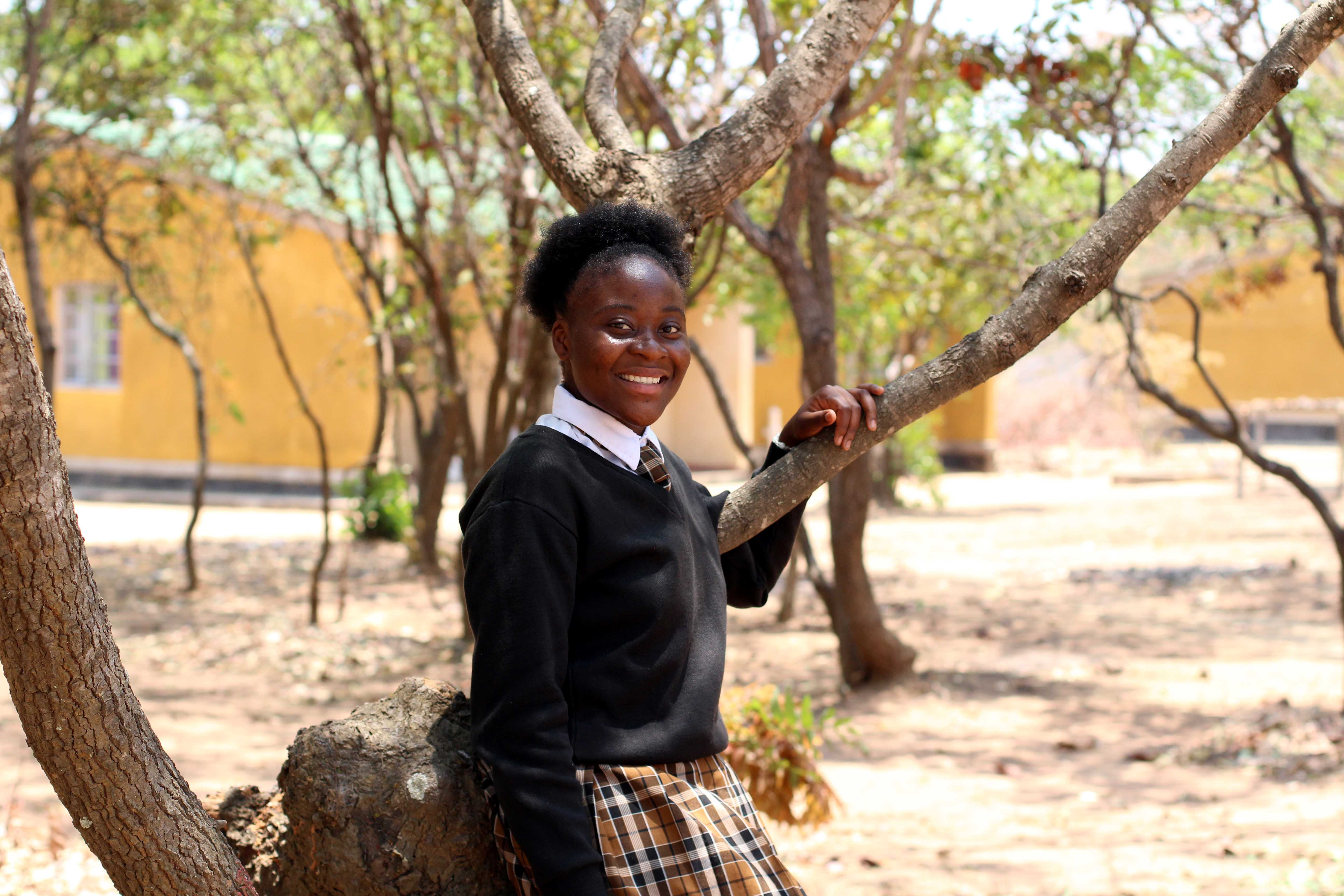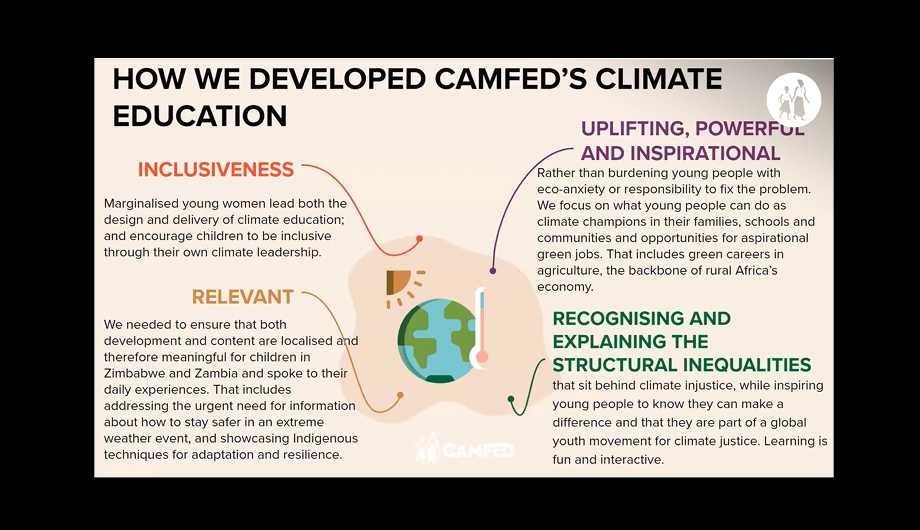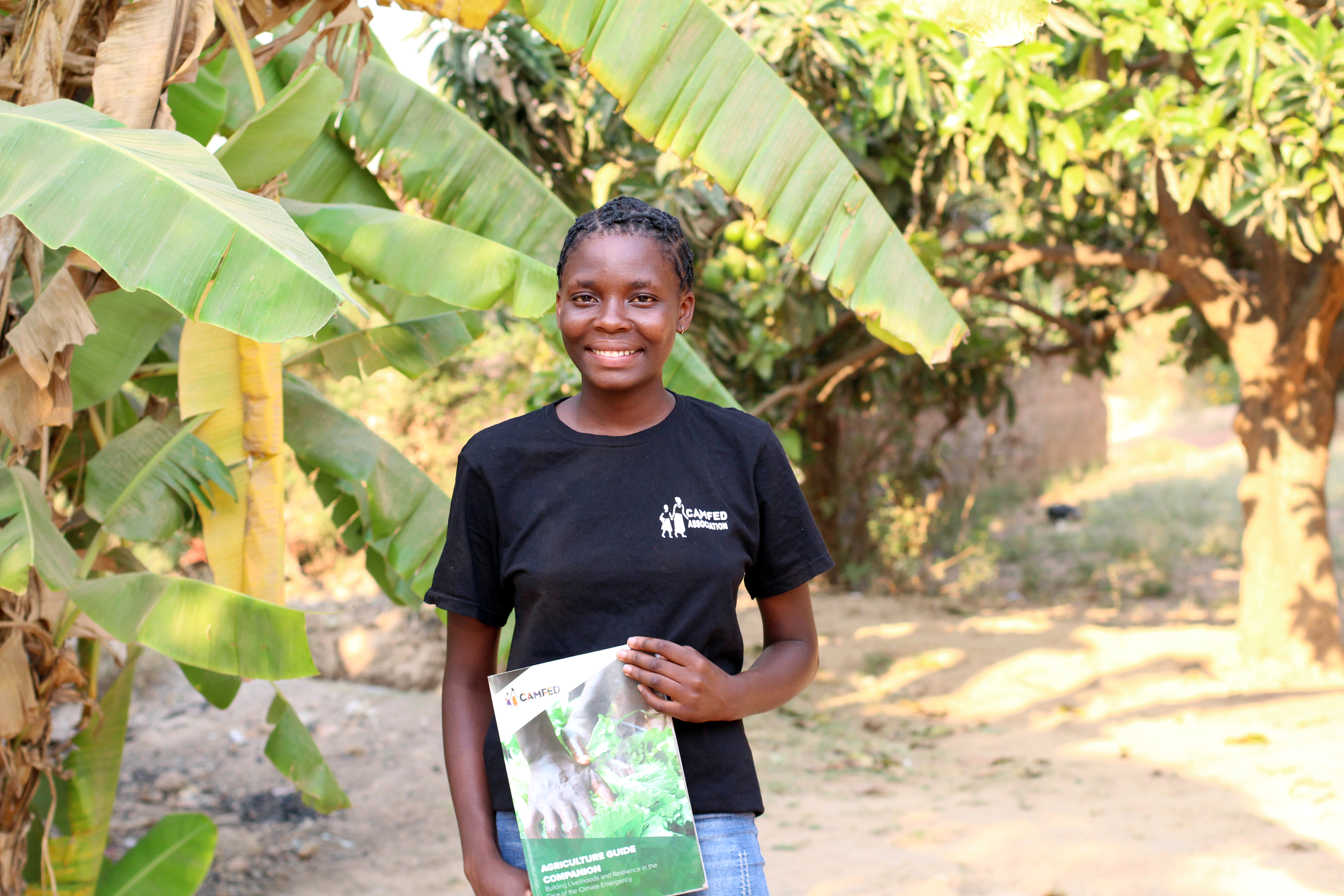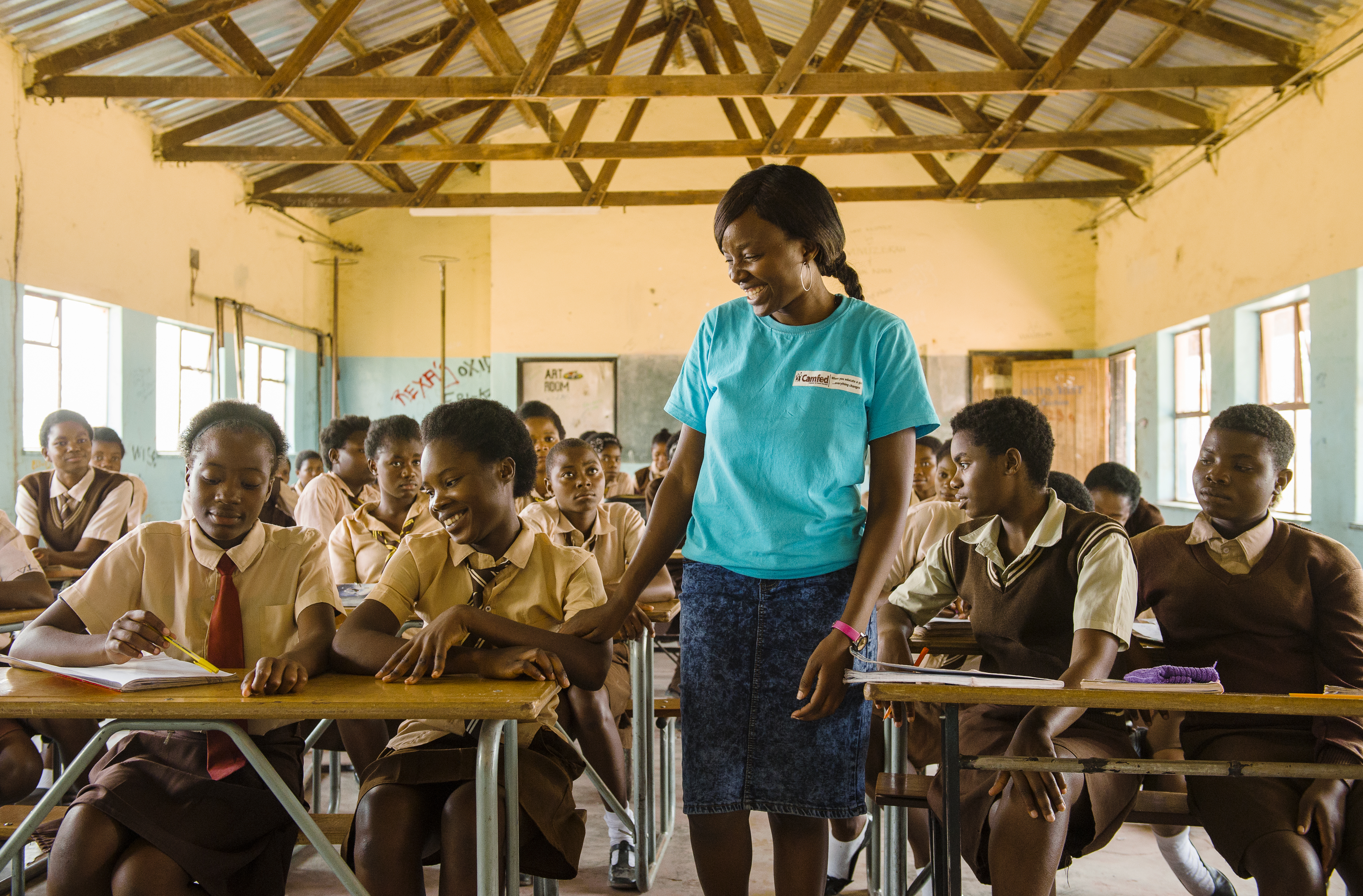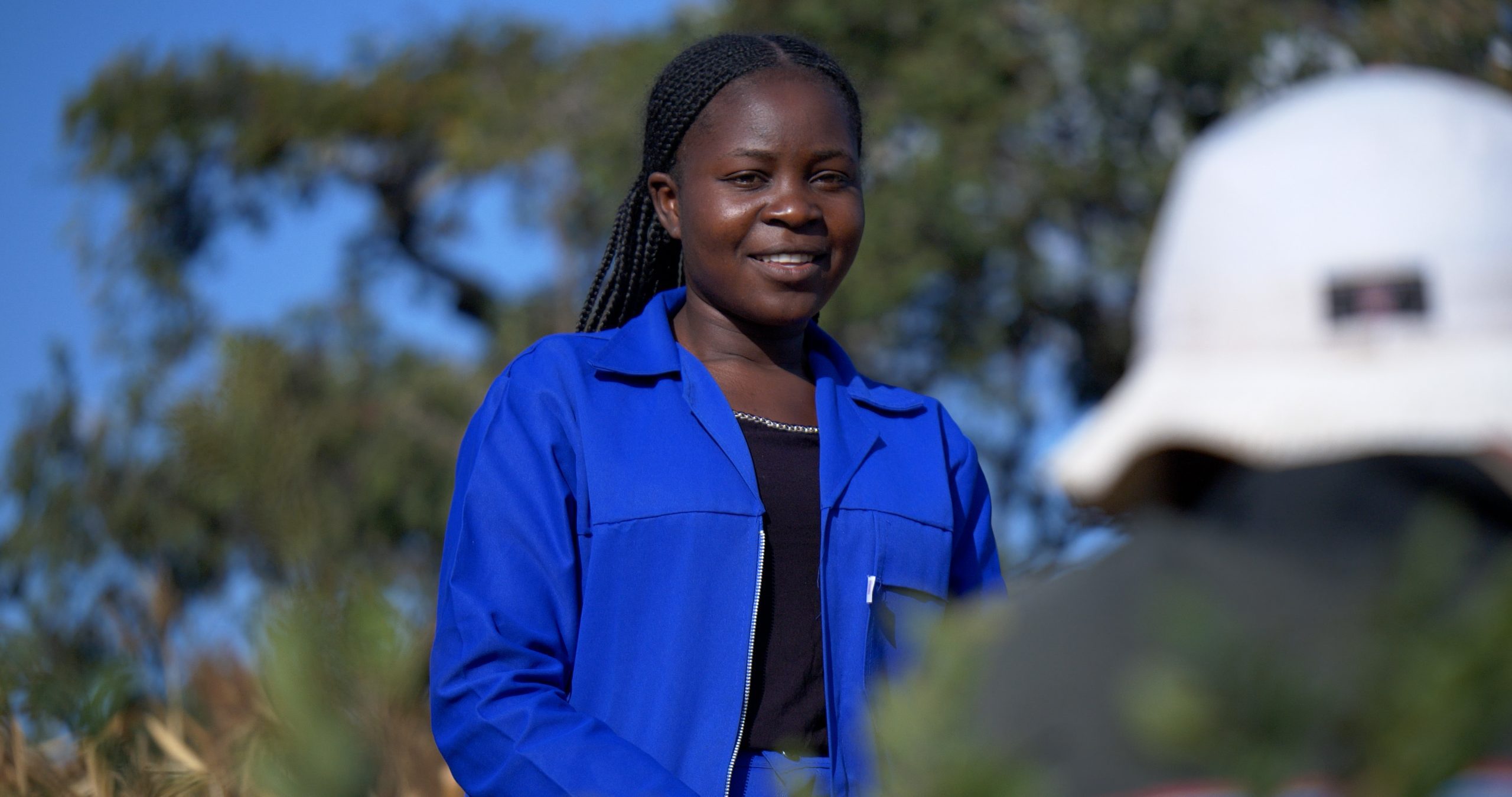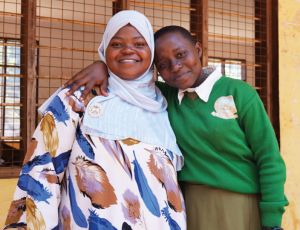Climate justice starts in the classroom
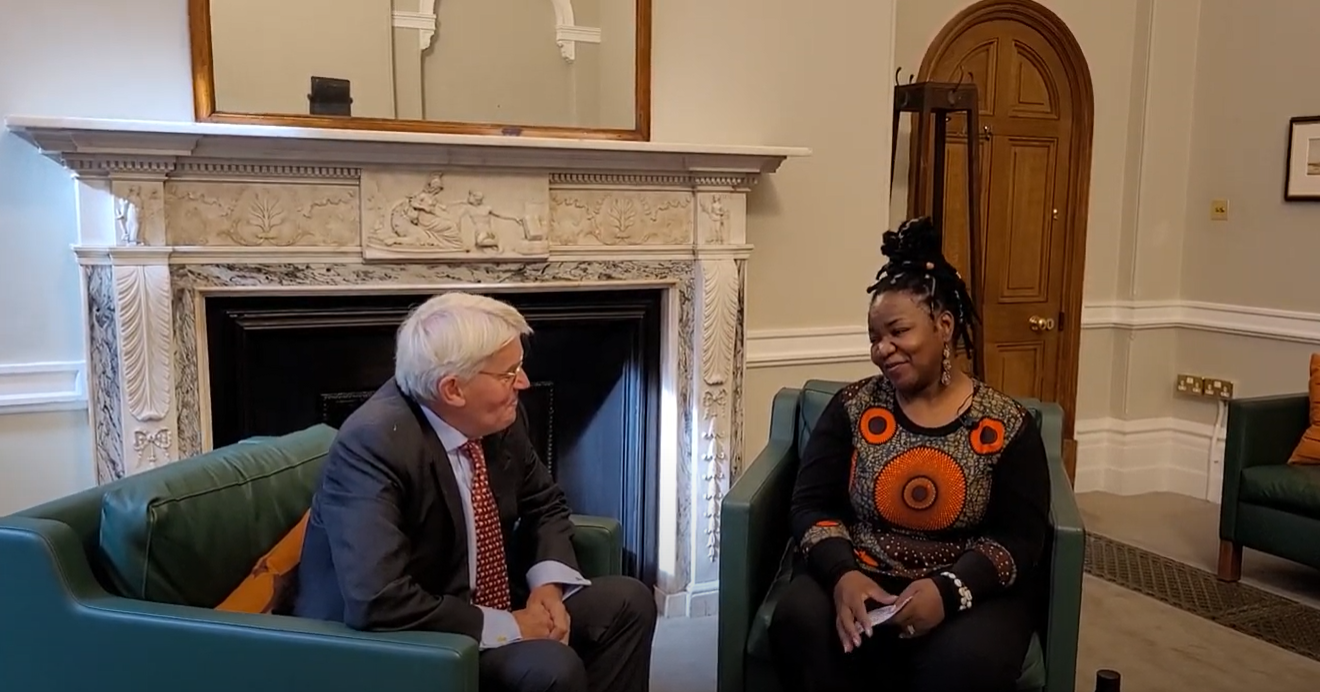
UK government support for girls' education: Minister for Africa speaks to CAMFED's CEO
January 24, 2024
Today the UK government, underscoring its commitment to girls’ education, released the video conversation between the Rt Hon Andrew Mitchell MP, Minister for Development and Africa, and CAMFED’s CEO Angie Murimirwa.

